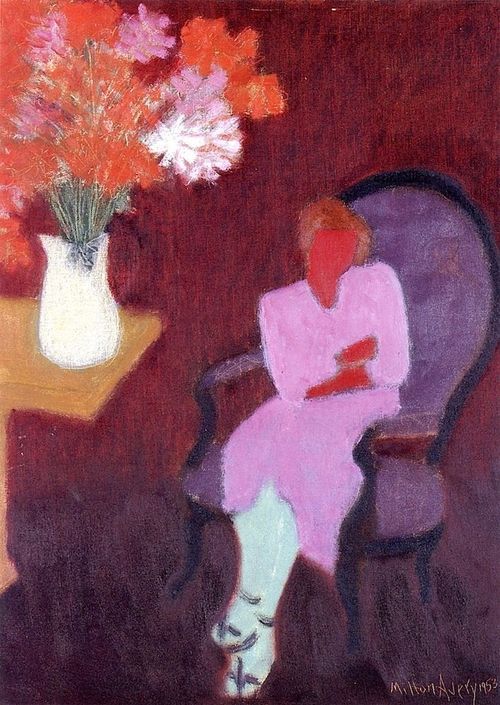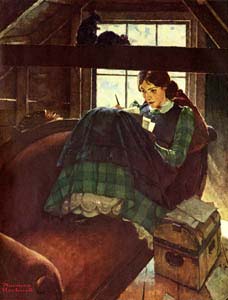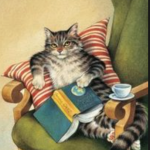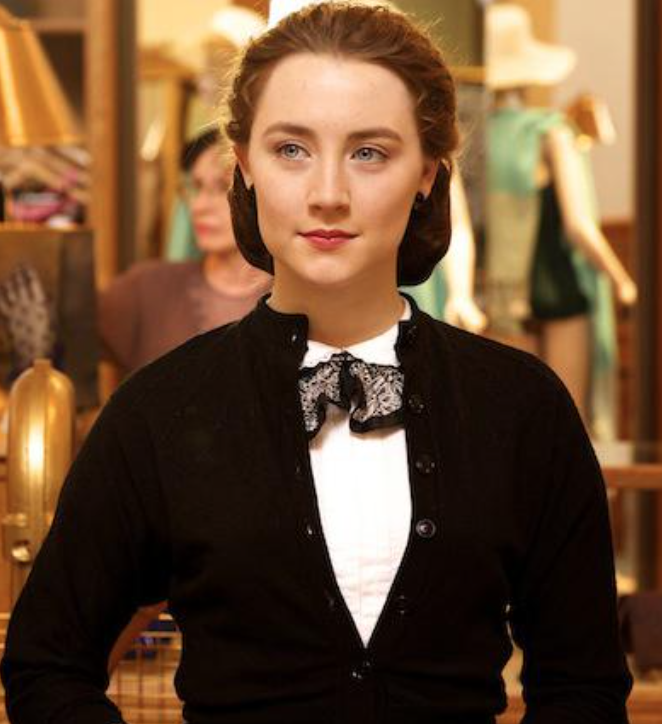Autumn of My Discontent
 Begin here. It is Monday and deadlines once again loom. I have films to watch, review copy to write, eyebrows to wax. I have done what I can to prepare—my laundry is done, my house is spotless, meals has been cooked for the week. And once again almost everything on my to-do list is something I like. But aspects of this week require Churchill’s “courage to continue,” and my nervous system registers this shrilly. Just another day on the IRT, as they used to say. To abate my anxiety, I can take another dance class; I can go down to the water and make some offerings; I can plan an end-of-day drink with a friend. I will likely do all of these things. But the blank slate that I desire—a week of fireplaces and tromps through the woods and reading by the fire and gorgeous meals I did not cook and ogling big skies—still evades me. Even yesterday I was pulled into action. The sun was bright, friends were in town, errands demanded to be run. I was a blur.
Begin here. It is Monday and deadlines once again loom. I have films to watch, review copy to write, eyebrows to wax. I have done what I can to prepare—my laundry is done, my house is spotless, meals has been cooked for the week. And once again almost everything on my to-do list is something I like. But aspects of this week require Churchill’s “courage to continue,” and my nervous system registers this shrilly. Just another day on the IRT, as they used to say. To abate my anxiety, I can take another dance class; I can go down to the water and make some offerings; I can plan an end-of-day drink with a friend. I will likely do all of these things. But the blank slate that I desire—a week of fireplaces and tromps through the woods and reading by the fire and gorgeous meals I did not cook and ogling big skies—still evades me. Even yesterday I was pulled into action. The sun was bright, friends were in town, errands demanded to be run. I was a blur.
I am lucky enough to have realized some of the dreams of my youth, and to know I may realize even more. But today, this fall, this year, my fantasy is so prosaic that I am amused that it keeps moving out of my reach. Utopia: perfect place, no place. Ah, well. Perhaps I will have a Winter of My Content.
The Church of Hibernation
 No less than Confucius says that when you love your job, you never have to work a day in your life. But yesterday as I cleaned my house to prepare for Ruby Intuition readings and film events, a big part of me was clamoring for a field of grass without any electronics or obligations in sight. No less than William Carlos Williams says that, with any lined paper, sometimes it’s best to write the other way.
No less than Confucius says that when you love your job, you never have to work a day in your life. But yesterday as I cleaned my house to prepare for Ruby Intuition readings and film events, a big part of me was clamoring for a field of grass without any electronics or obligations in sight. No less than William Carlos Williams says that, with any lined paper, sometimes it’s best to write the other way.
I muscled through the day anyway, even derived pleasure from it, but by its end my protesting back suggested rest was powerfully in order. I’ve learned, finally: My spine is smartest. So I went to bed early even for me, a permakitten on my feet, a golden tumbler of rye by my side, a thick 19th century novel in my paw.
This morning it is 43 degrees. I am making scrambled eggs with kale and Mr. Curry’s nan and tomato chutney, my new favorite weekend breakfast. I am wearing flannel slippers and a purple apron that arrived by post this week.  I have a high stack of screeners and books in my office and a gorgeously full larder, thanks to a pal who ferried me to Fairway. I even have a huge jar of Oslo’s Thor coffee beans, the very best for French presses. I am by myself but feel encircled by the kindness of friends on every plane.
I have a high stack of screeners and books in my office and a gorgeously full larder, thanks to a pal who ferried me to Fairway. I even have a huge jar of Oslo’s Thor coffee beans, the very best for French presses. I am by myself but feel encircled by the kindness of friends on every plane.
I’ll see you kittens in April or on Monday, whichever comes first.
Swoony and Sincere: ‘Brooklyn’
 Colm Tóibín’s Brooklyn (2010) is a lovely novel. About Eilis, a 1950s Irish girl who moves to America but feels the pull of her homeland, it offers gently powerful insights about the complexity of the immigration experience. Restrained and wonderfully quiet, this is just the sort of novel that doesn’t translate well to the big screen. Yet “Brooklyn,” written by bad-boy author Nick Hornby and directed by John Crowley, is an equally lovely film, one that captures all the nuance of its antecedent without resorting to the clichés that can doom period adaptations. There’s not even a voiceover.
Colm Tóibín’s Brooklyn (2010) is a lovely novel. About Eilis, a 1950s Irish girl who moves to America but feels the pull of her homeland, it offers gently powerful insights about the complexity of the immigration experience. Restrained and wonderfully quiet, this is just the sort of novel that doesn’t translate well to the big screen. Yet “Brooklyn,” written by bad-boy author Nick Hornby and directed by John Crowley, is an equally lovely film, one that captures all the nuance of its antecedent without resorting to the clichés that can doom period adaptations. There’s not even a voiceover.
Saoirse Ronan stars, and it’s her best performance to date, which is really saying something. Since the beginning of her career, the twenty-one-year-old Irish actress has summoned a clear-eyed gravity that has worked equally well in bad-ass YA sagas (“Hanna,” “How We Live Now”) as in Oscar-baiting epics (“Atonement,” “The Lovely Bones”). Eilis is one of her first grown-up roles, and rather than succumbing to the self-consciousness that typically afflicts former child actors, she channels her new adulthood – sometimes peacocky, sometimes clumsy – as if it’s just another tool of her corporeal instrument. Such physicality is handy in this exceptionally nonverbal story, in which most people say the opposite of what they are feeling, if they say anything at all. (Not for nothing did Freud declare the Irish the only people impervious to psychoanalysis.) Continue Reading →
